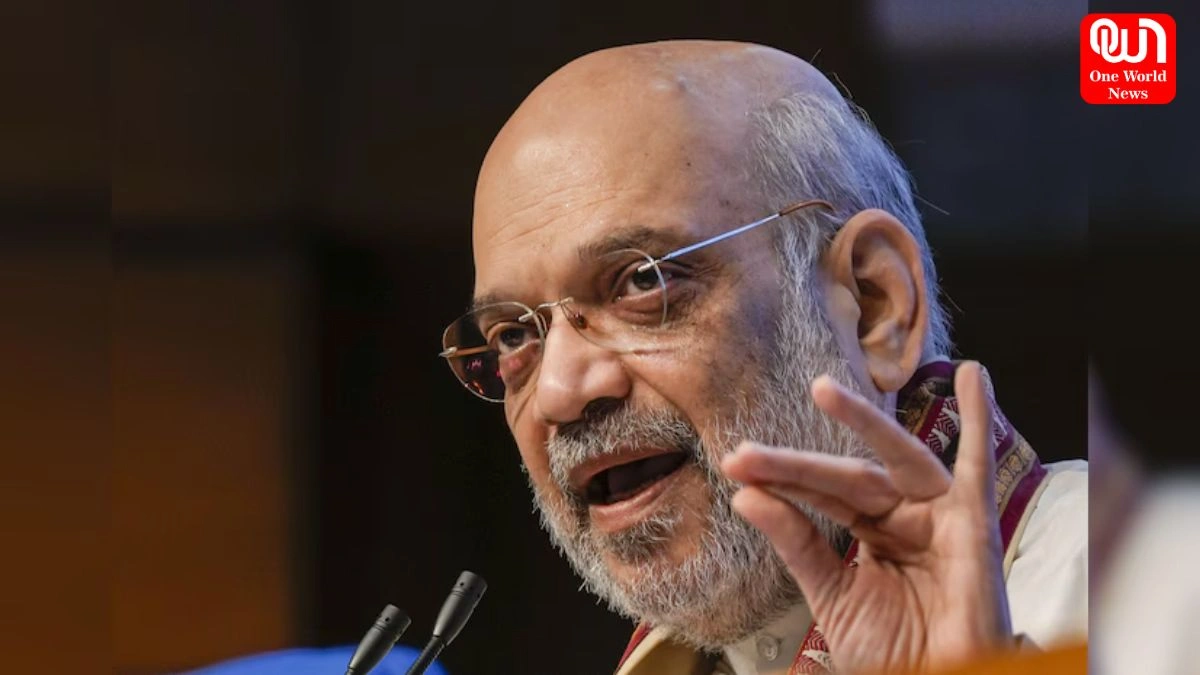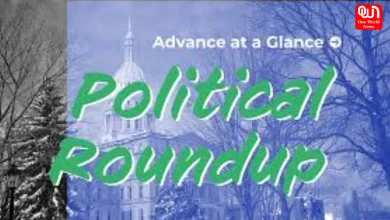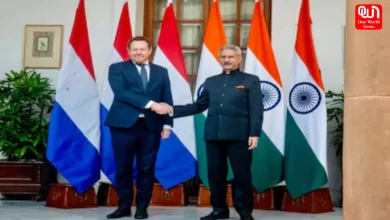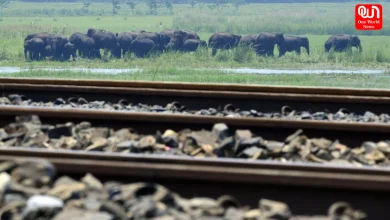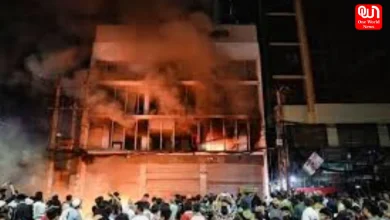Amit Shah Announces One Nation, One Election Plan for Current Term
Amit Shah announces one nation, one election plan, aiming to implement it during the current term
Amit Shah announced one nation, one election plan within the current term, aiming to streamline elections
Home Minister Amit Shah announced on Tuesday that the BJP-led NDA government aims to introduce ‘one nation, one election’ during its current term. Shah made this announcement at a press conference marking 100 days of Prime Minister Narendra Modi’s third consecutive term in office.

Read more: Hardeep Singh Puri’s US Critique: Rahul Gandhi’s Remarks Compared to Jinnah’s Legacy
Shah, who was joined by Information and Broadcasting Minister Ashwini Vaishnaw, emphasized the government’s plan to implement this electoral reform. This move follows Prime Minister Modi’s strong call for ‘one nation, one election’ during his Independence Day speech last month. Modi had argued that frequent elections are creating obstacles to the country’s development.
In March of this year, a high-level committee led by former President Ram Nath Kovind recommended the idea of holding simultaneous elections for the Lok Sabha (the lower house of Parliament) and state assemblies as the first step. The panel also suggested synchronizing local body elections, such as those for municipalities and panchayats, within 100 days.
The Law Commission is expected to propose that all three levels of government—Lok Sabha, state assemblies, and local bodies—hold simultaneous elections starting in 2029. It will also suggest creating a provision for a unity government in case of a hung parliament or when a no-confidence motion is passed.
The Kovind panel has not set a specific timeline for implementing simultaneous elections but has proposed forming an Implementation Group to oversee the process. The panel’s recommendations include 18 proposed constitutional amendments. Most of these amendments will not require approval from state assemblies but will need to be passed by Parliament.
Overall, the goal of these changes is to streamline the electoral process and reduce the frequency of elections, which the government believes will help in more effective governance and development.
We’re now on WhatsApp. Click to join.
Like this post?
Register at One World News to never miss out on videos, celeb interviews, and best reads

